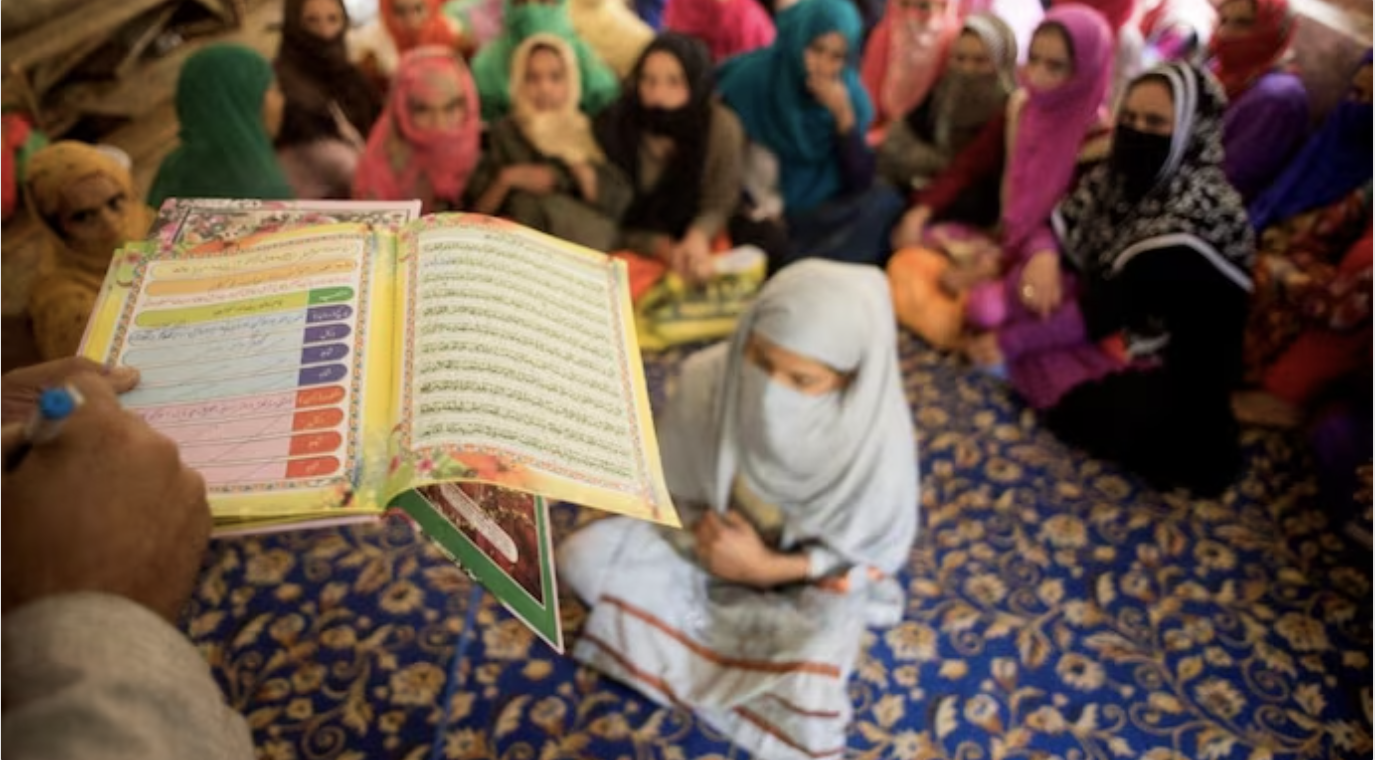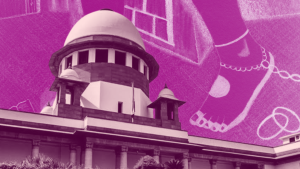Last Friday, the Assam cabinet approved the repealing of the Assam Muslim Marriage and Divorce Registration Act of 1935, which outlined the procedure for the registration of marriage and divorce by qazis. The move is primarily aimed at prohibiting child marriage in Assam, said the state Chief Minister Hemanta Biswa Sarma.
Muslims will now have to get married using the Special Marriages Act (SMA) and this is supposed to ensure greater state scrutiny of the age of the couple. However, there already is a law, the Prohibition of Child Marriage Act 2006, to cover such offences.
The move will do little to deter child marriage in the state, lawyers and activists told BehanBox. It will only make it more complicated for Muslims to get their marriages registered and lead to a rise in cases of unregistered marriage, said Zakia Soman, founder of Bharatiya Muslim Mahila Andolan (BMMA).
The Assam government’s crackdown on child marriages has been ongoing since last year when it arrested more than 2000 people, including, grooms, their family members and religious leaders allegedly involved in underage marriage of girls and imprisoned them in makeshift jails within 24 hours. Not only did this move tear several families apart, it also pushed many family members to die by suicide.
Legal experts speaking to Aljazeera pointed out that a lot of the police action in Assam was not in keeping with the Section 468 of the Criminal Procedure Code. The code, which sets the limitation period for criminal offences, requires that a case cannot be more than three years old if the punishment awarded is for under three years. But most of those had arrested had allegedly participated in child marriage over the last seven years.
In the now repealed Muslim Marriage Act, minors who wish to get married need their legal guardian’s permission to do so. Guwahati-based lawyer Aman Wadud, in an interview with BehanBox, has pointed out that if the government’s intention is to stop child marriages then it could have simply amended the Act.
“What was the government doing all this while to address the age-old problem? I believe the government has miserably failed to implement the Prohibition of the Child Marriage Act 2006. Since the government has woken up now, however, are (mass arrests) the way to go forward? They should follow due process,” Wadud said in an interview to Aljazeera.
Assam MLA Jayanta Malla Baruah hailed the move as the end of a ‘colonial act’, and an important step towards a Uniform Civil Code (UCC). Two weeks ago, the Uttarakhand assembly became the first in the country to bring in the UCC, a set of personal laws common for all Indian citizens regardless of religion, gender or sexual orientation. These laws govern matters such as marriage, divorce, succession, and inheritance.
The BJP government has been pushing for a nation-wide UCC since 2014. But the big push came last year, right after the 22nd Law Commission issued a notification seeking views from religious and other organisations on the UCC and just before five state assembly elections. With the 2024 general elections impending, BJP ruled states such as Uttarakhand and Assam are stepping up the rhetoric on UCC.
The UCC, which is being positioned as a tool to “save” women, especially Muslim women, from discrimination has been rejected by Uttarakhand’s women’s groups who call the code discriminatory and a tool to moral police women’s autonomy. In the past too, feminist groups and activists have opposed the UCC and have said the best route to ensure gender-justice is to instead amend personal laws.
Feminist lawyer and researcher, Surbhi Karwa, in an interview recently with BehanBox, argued against the UCC as envisaged by Uttarakhand. In an earlier essay for us, she pointed to the perils of equating uniformity with equality.
The state has the highest percentage of Muslims (34%) after Kashmir. The recent decision by the Assam government comes in the wake of other moves that will disproportionately affect the Muslim community. Its decision to tie welfare measures for women with population control schemes is a case in point, as we reported. The BJP government also plans to initiate a ban on polygamy in the state, in order to stop Muslim men from having ‘multiple wives’. However, data show that the difference in the rate of polygynous marriages within Muslim and Hindu communities is not that much different, at 1.9% and 1.3% respectively.





